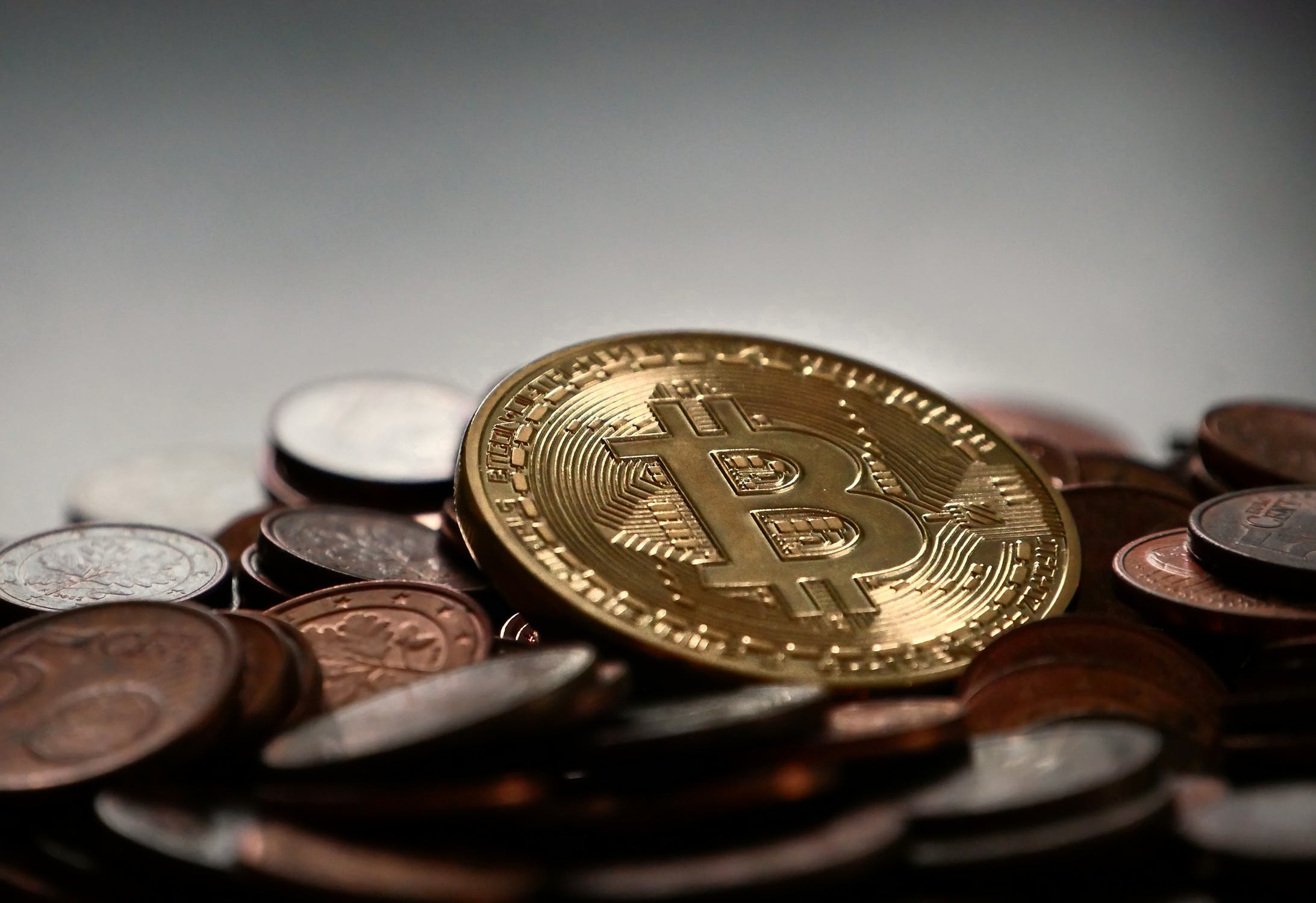The future of Bitcoin is quite uncertain. The cryptocurrency may topple over the abyss of oblivion at any point. Still, miners are incessant. Nuclear scientists have anecdotally tried harness the power of nuclear reactors to mine Bitcoin and the search for extra-terrestrial life has been hampered. On all counts, Bitcoin has been vibrant and its steady élan towards stability has been hit by a few bumps on the road heard and there. Today Bitcoin is still with us and it is inching towards the 21th million mark – the maximum amount of bitcoins that can exist in the world.
In many ways, Bitcoin is like real gold. It could be depleted and then it would be transform in all sorts of goods that we can exchange and that would contain just a modicum of it. This finite supply of the cryptocurrency is an understandable way to in some sense try to control the cryptocurrency – as it values shoots up, people who have amassed vast troves of wealth in the said denomination would have say in what is happening with it.
This is a rather stark prospect. Having individuals dump the course of a currency or scare markets so that they may amass even further investment is definitely distasteful. Proponents of the idea that Bitcoin has a finite supply, however, say that the fixed supply banks will be kept in check and that no artificial hikes in this total cap can be issued.
One question lingers, however. What will happen to Bitcoin when it is maxed out?
Miners, Halt Your Operations!
Everyone who has been actively involved with Bitcoin will be affected. If we had to consider, Bitcoin miners would be the ones who would endure the most of reaching this limit. Right now, everyone is racing to maxing out this supply and solid investment go down cold rooms which serve as living quarters for the computing machines capable of tackling impossibly complicate math problems.
As competition stiffens and people draw closer to the cap, which in turns makes mining more difficult, miners may need to ask for fees for their efforts if they want to sustain their operations. Two likely scenarios may ensue from miners not being able to support the process.
- As miners begin to find this process unsustainable, they will gradually stop. Individuals with the sufficient computing power may still join forces but this will come at a great expense that may not be worth the investment. As a result, the Bitcoin frenzy will abate and people will start dropping Bitcoin for another cryptocurrency
- Conversely, you may see the Bitcoin eco system reaching a state of centralization where miners will try to adapt their computing might and specialize in crypto-related activities. Bitcoin users, along with vendors, will be the one to determine whether it is worth pursuing this digital chunk of gold.
Are Transactions Fees Alone Sufficient?
The main argument that miners will have to move on is that the proposed transaction fees would be insufficient for them to maintain their operations up and running. Of course, this estimate only draws on what is presently known. In future, we may witness much more powerful computing methods that will allow for the effortless mining of cryptocurrency. Looking ahead, and providing enough computing power is found at reasonable prices, miners may be able to impose their transaction fees without having to worry too much about being pushed out of the business.
The Pricing of Bitcoin
Bitcoin has been fluctuating in the past months. Coming up with an exact estimate of its pricing is not always easy. In fact, it is borderline impossible and it is quite understandable why. No central body regulates the cryptocurrency and it would be unwise to assume that anyone can. The only way would be through regulation. Regulation has been a central piece of many media outlets who have been discussing and talking openly about a more centralized Bitcoin ecosystem.
A simple perusing of the facts in recent weeks would reveal that quite a bit has been done. The Internal Revenue Service (IRS) is now going after both individuals who may not have been taxes on their cryptocurrencies and those that have downright refused to participate in any sort of banking system. That understandable has been the point of cryptocurrencies to begin with.
However, in light of recent criminal activities, Ponzi schemes and massive hacks, many banks have been calling for scrutiny of everything cryptocurrency. The Bank of England has been among the most balanced critics, arguing that while cryptocurrencies should be given an honest shot, no compromise should be extended to those who only seek to advance their nefarious affairs.
These warnings and arguments ring true. If cryptocurrencies want to make it all the way to the top and become a regular trading method, more regulation will have to come into play.



Comments (No)